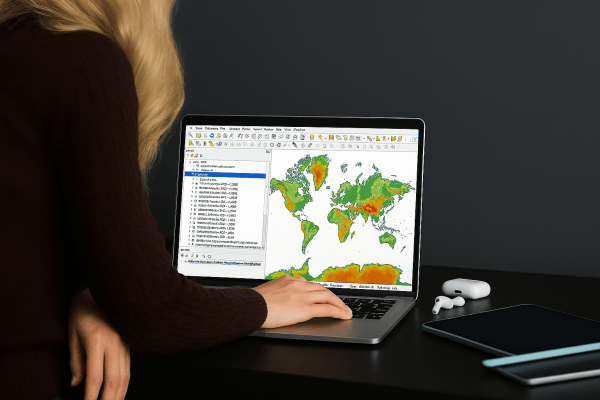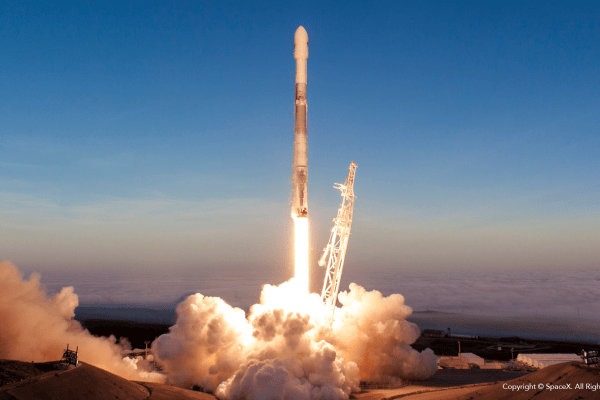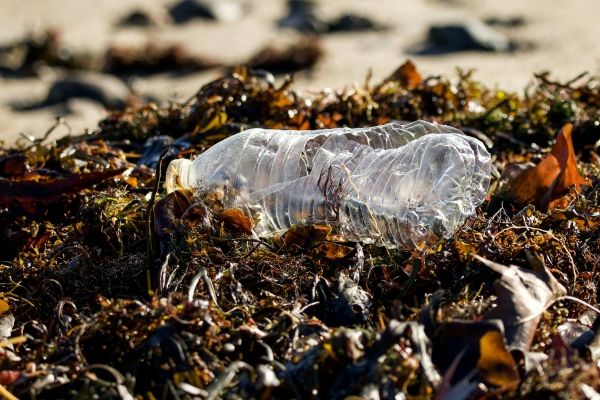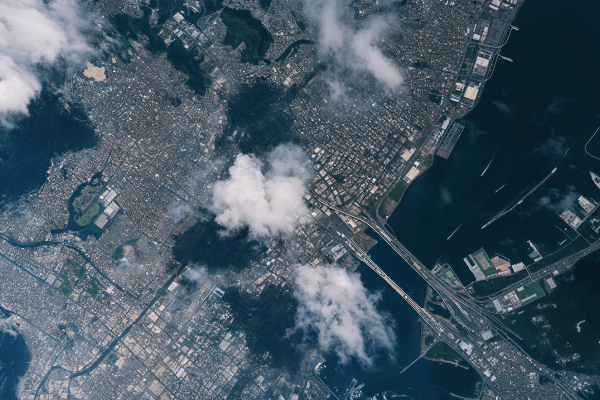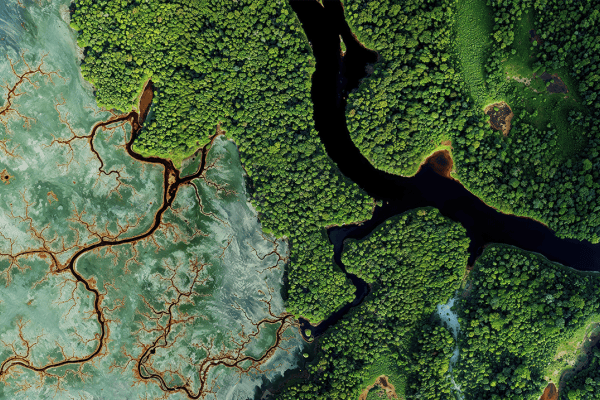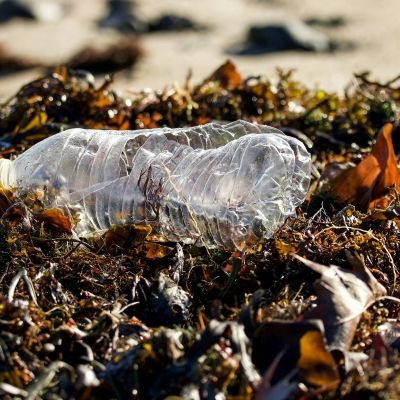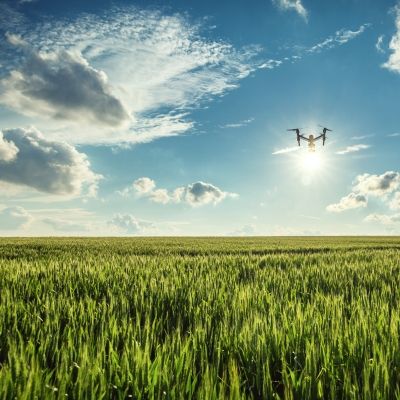A new data processing infrastructure for the CWIS-II sensor
Towards the next generation airborne imaging spectrometer data
We are proud to announce that we've been granted the opportunity to develop a new data processing infrastructure for the CWIS-II airborne imaging spectrometer.
Imaging spectroscopy (also called hyperspectral imaging) enables us to measure for each pixel on the Earth’s surface the reflectance spectrum. As the reflectance spectrum is unique for a particular material, this ‘spectral signature’ or ‘fingerprint’ can be used for identification or for quantitative retrieval of components of the material on the Earth’s surface. This type of data is vital for the domain of agriculture, food security, raw materials, soils, biodiversity, environmental degradation and hazards, inland and coastal waters, snow hydrology and forestry (Rast and Painter, 2019) and will allow us to better understand our Earth’s (terrestrial and aquatic) ecosystems under pressure due to for example climate change.
The upcoming CWIS-II sensor, the Compact Wide Field-of-View Imaging Spectrometer II, will be one of the state-of-the art sensors to capture this type of data (Mouroulis et al. 2011). This sensor will be part of the Swiss Airborne Research Facility for the Earth system (ARES) and can be seen as a follow-up instrument of the ESA APEX airborne imaging spectrometer.
With financial support of the Research Foundation-Flanders (FWO)-International Research Infrastructure, we will now develop a new data processing infrastructure for CWIS-II. After not only developing the airborne imaging spectrometer APEX, together with RSL (University of Zurich, Switzerland) and a Swiss-Belgian industrial consortium, but also operating the instrument since 2010, VITO Remote Sensing (Belgium) has built up a unique expertise in the acquisition and processing of airborne imaging spectroscopy data.
This new data processing infrastructure for CWIS-II will be a scientific hub for researchers from all over Europe. This project is an important step for VITO towards the continuation of Swiss-Belgian airborne hyperspectral operations.
Anonymous reviewer for FWO International Research Infrastructure
RSL and VITO Remote Sensing have been operating APEX for the entire European research community hereby supporting more than 100 environmental research projects, acquiring more than 7TB of raw data for 250 areas in 15 countries. Transnational access to APEX data has been supported by the EU in the framework of the European Facility for Airborne Research for Environmental and Geo-sciences (EUFAR).
In the early 2000s we developed, with the support of the BELSPO Stereo and Flemish Pegagus programmes, a semi-automated processing facility with data quality control to process the TerraBytes of APEX data into reflectance data (for land and water) useful for deriving quantitative information (J. Biesemans et. al, 2007). Developing a new data processing infrastructure for CWIS-II will build further up on our experience in building this dedicated processing infrastructure for APEX data. The superior characteristics of CWIS-II will enable:
- A more accurate water vapour and aerosol retrieval for the atmospheric correction of the data which is crucial for deriving high quality reflectance data
- The improved reflectance data quality opens major opportunities to advance fundamental knowledge on the Earth ecosystems in
- Agriculture: disease detection, pigment analysis, indirect fruit load assessment and generic vitality studies, …
- Water&Coast: Chl-a, cyanobacteria, macroplastics, …
- Ecology: detailed quantification of plant traits, mapping plant species and monitoring plant vigor
- Atmosphere: CH4, CO2 detection
- Geology: classification accuracy of minerals
- …
We already started the development of the algorithmic and workflow components. In 2022 we will look into the software integration, validation and testing. The new data processing infrastructure for the CWIS-II will be fully operational by early 2023.

